A storyteller at heart, I weave fleeting moments into timeless frames, capturing the delicate dance between light and shadow—where reality meets reverie.
Born: Henan, China
Now: Los Angeles, U.S.A
@jiayingjing.film | www.jiayingjingfilm.com
INTERVIEW
How does your dual cultural perspective, having grown up in China and later moving to the U.S., shape your storytelling approach?
Growing up in China and later moving to the U.S. during adulthood deeply shaped my storytelling approach. In China, my high school years were defined by discipline and routine—waking at 5:30 AM for mandatory morning runs, regardless of smog or snow, followed by over twelve hours of intense study each day. It was a shared experience; everyone around me accepted this as normal. But when I first arrived in the U.S., the freedom was disorienting. Without anyone telling me what to do, I felt both liberated and anxious.
After spending four years in the U.S., I returned to China during the pandemic for a year and a half. Strangely, I realized I no longer fully belonged to either place. I became an outsider in both worlds. This feeling of in-betweenness sparked my interest in themes of identity, belonging, and the human condition. My storytelling now gravitates towards exploring these liminal spaces, where cultural contrasts and human experiences intersect, revealing the delicate threads that connect us all.
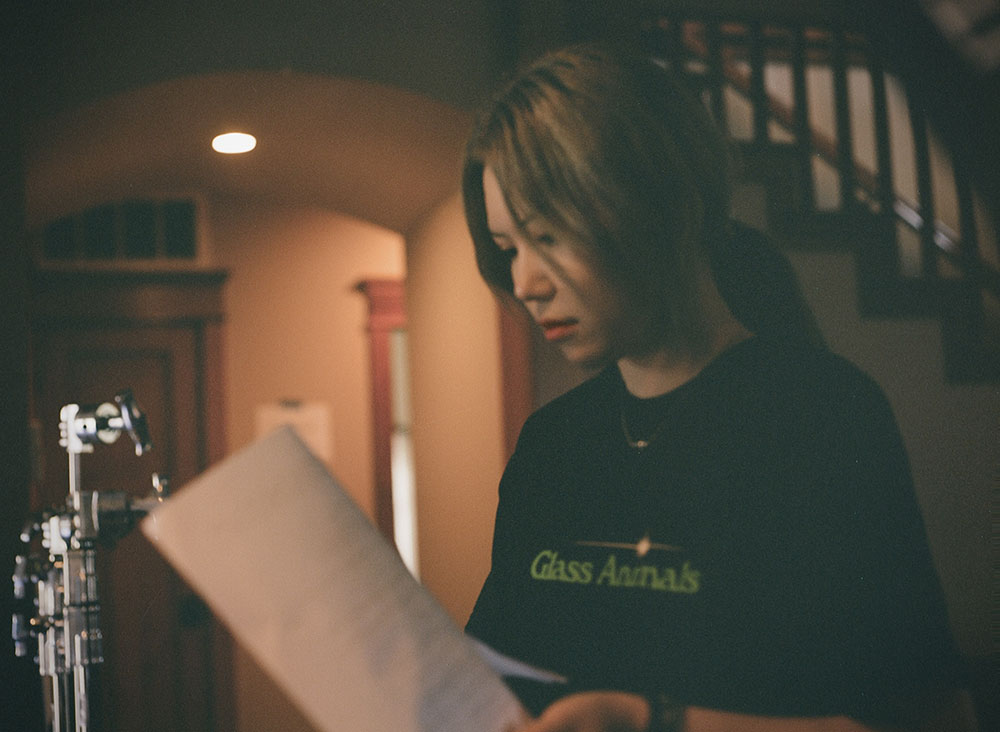
In your artist statement, you mention using film as a tool for transformation. What specific moments in your career have reaffirmed this philosophy for you?
I believe people step into a cinema not just for an audiovisual spectacle. In that small, dark room, what they see and hear over those two hours has the power to transform their thoughts long after the credits roll.
One of the most personal examples I can think of is my father. He’s a traditional Chinese man who has always held certain prejudices against homosexuality. I once asked him if he would accept me if I were lesbian. His response was, “Stay in the U.S. and never come back.”
That moment stayed with me and inspired me to create a short film called A Letter. The story follows two Chinese girls in the 1980s who develop feelings for each other beyond friendship but are forced to bury their emotions due to societal pressure.
When my father watched A Letter, he cried. That moment was incredibly moving for me. To see a man who had carried these deeply rooted beliefs for over fifty years begin to question them after watching a ten-minute short film reaffirmed my belief in the transformative power of storytelling.
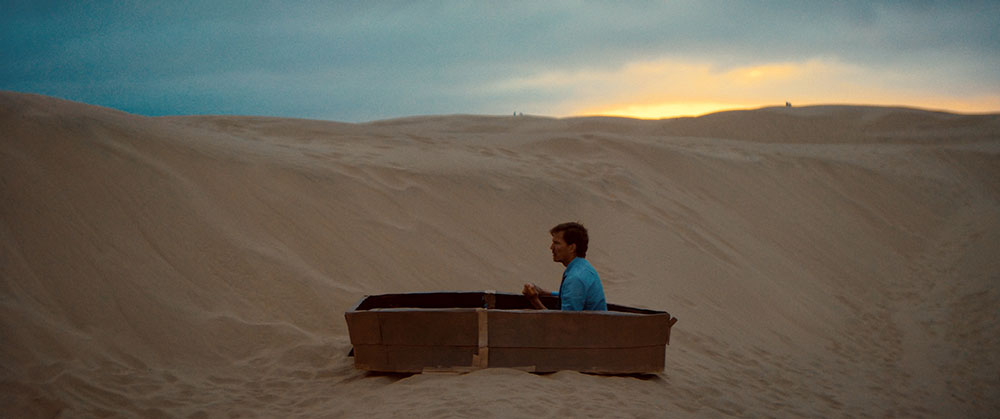
Fragile critiques hidden misogyny through a suspenseful narrative. What inspired you to explore this theme, and what message do you hope to convey?
In recent years, feminist themes have become a popular subject in cinema. However, what truly inspired me to create Fragile was last year’s film Poor Things. Its message awakened something in me—it made me realize the freedom women can claim over their own bodies, minds, and choices.
This realization led me to reflect deeply on my own upbringing and the societal expectations placed upon me as a woman. I began to see how these invisible rules and norms had shaped my behavior and thoughts, trapping me in a cycle of “how a woman should be.”
I began paying close attention to the women in my life, including myself, and discovered that hidden misogyny exists everywhere. Its invisibility is precisely what makes it so dangerous. Many women don’t even recognize they’re facing it.
This realization became the seed for Fragile. The film tells an ordinary family story—one that could happen in any home. Its power lies in its ordinariness, mirroring the reality we live in. Yet, the film uses an suspenseful approach to unveil misogyny within this normal setting. With this film, I hope to spark awareness, helping women recognize and challenge these invisible forms of oppression.
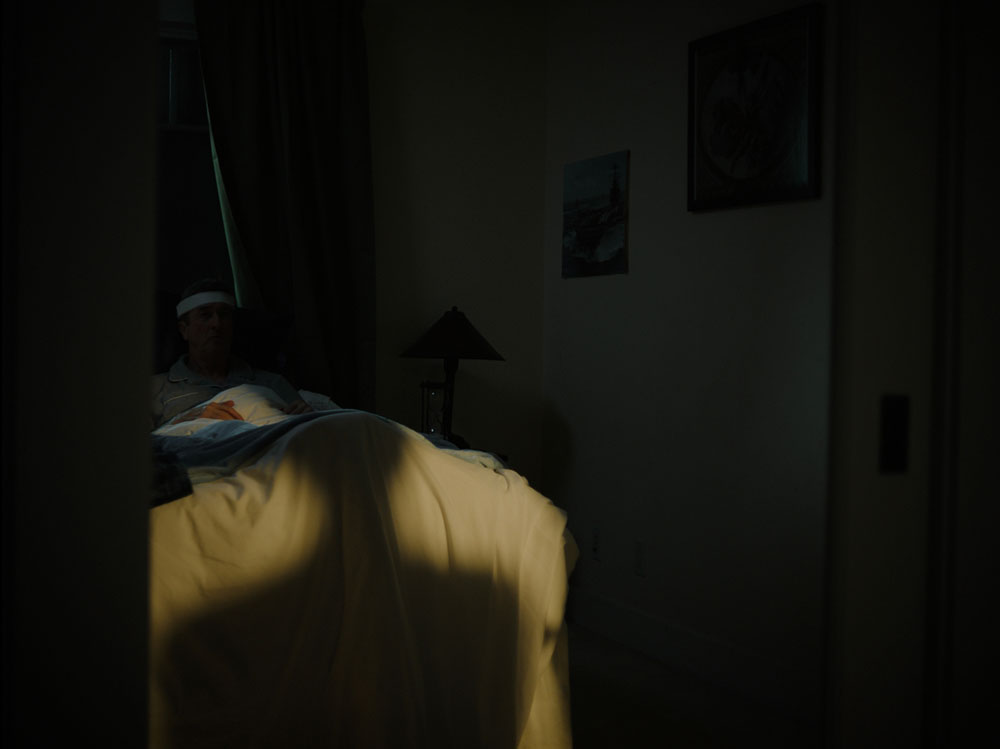
As a filmmaker who works in experimental techniques, such as in LIMINAL, how do you balance pushing creative boundaries with maintaining audience engagement?
I see experimental techniques as a storytelling tool—an abstract, free approach that breaks away from the rigid logic of traditional narratives. This freedom allows me to dive deeper into emotions and moments that are often difficult to express through conventional methods.
In LIMINAL, I explored a universal question: If life feels monotonous and repetitive, then what is the meaning of living? Because this question resonates with so many, the protagonist’s journey toward finding an answer becomes something the audience deeply cares about.
The film’s fragmented, seemingly random, yet authentic moments are not meant to confuse viewers but to mirror the scattered, repetitive nature of real life. Instead of alienating the audience, these experimental visuals invite them to reflect on their own experiences.
In the end, when the protagonist accepts the inherent meaninglessness of life, it serves as both a resolution to the story and an invitation for the audience to find their own answers. For me, the experimental approach in LIMINAL doesn’t obscure the narrative—it enhances it, guiding the audience to connect more deeply with the protagonist’s journey.
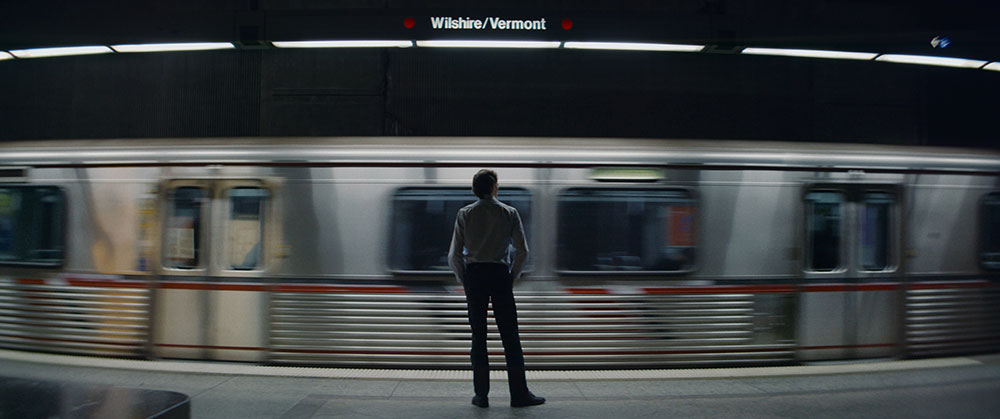
What significance do honors like selections by the Independent Short Awards or the Los Angeles International Screenplay Awards hold for your career?
Honors like selections carry deep significance for me, both personally and professionally. On one hand, they serve as validation—not just for my work, but for the stories I choose to tell and the voices I aim to amplify. Filmmaking is often an uncertain and vulnerable process, and these recognitions remind me that my perspective resonates with others.
On a professional level, these honors open doors. They create opportunities for collaboration, expand my network within the industry, and offer credibility when pitching future projects. More importantly, they allow my work to reach broader audiences, sparking conversations beyond the screen.
But ultimately, these accolades aren’t just about recognition—they’re about responsibility. They encourage me to keep pushing boundaries, to stay true to my vision, and to continue telling stories that challenge, question, and inspire.
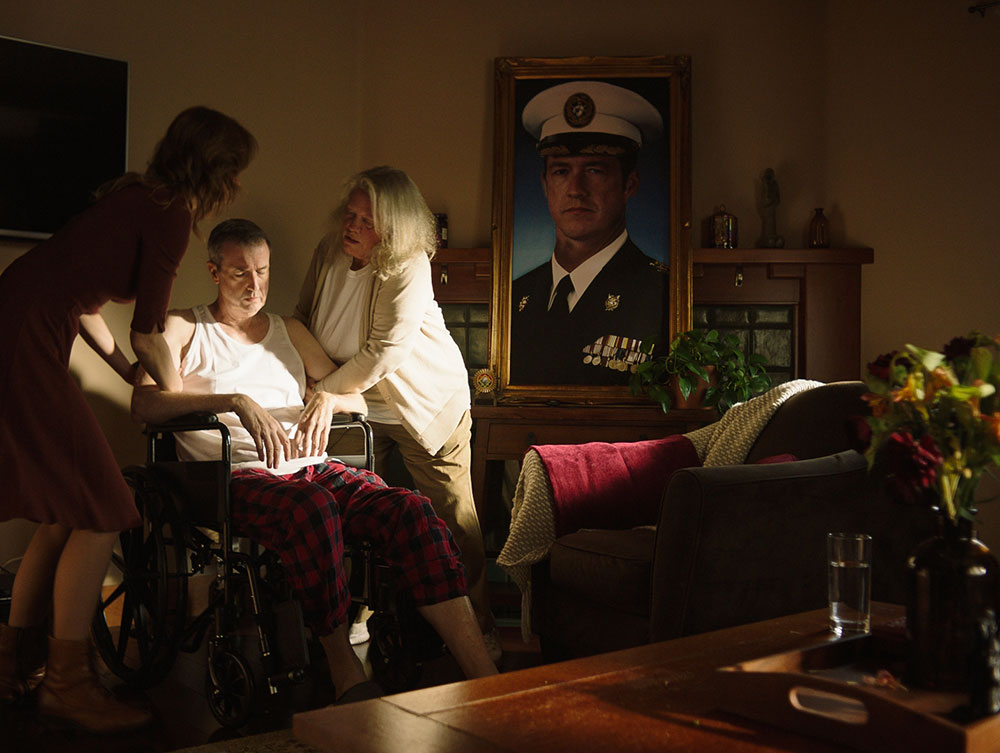
Looking ahead, what stories or themes are you most excited to explore in your future projects?
One of my most anticipated future projects is a feature film titled Masterpiece, which is currently in the final stages of script development. The story delves into the concept of human-AI romance—a theme already explored in sci-fi cinema, but one that feels far less futuristic and much more immediate in 2024. Today, anyone can open an AI chatbot and experience an intimate, seemingly genuine emotional connection with artificial intelligence.
Through Masterpiece, I want to explore the relationship between human-AI romance and narcissism. As AI learns and adapts to mirror our thoughts and preferences, the “partner” we fall for essentially becomes a reflection of ourselves. If you fall in love with an AI, are you truly in love with them, or are you just in love with your own reflection?
This story isn’t merely about human-AI romance; it’s about how we, in an increasingly isolated and fragmented modern world, seek connection and a sense of self-identity. I believe this film has the potential to resonate deeply with audiences, not just on an emotional level, but also on a profound philosophical plane.
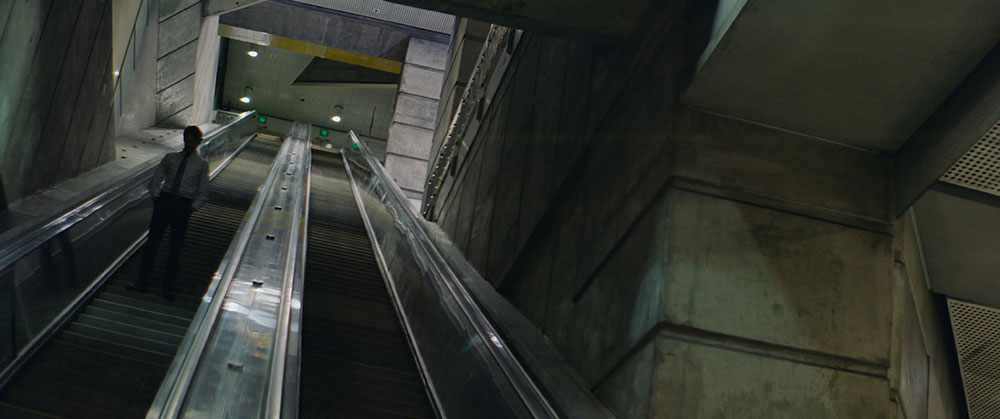
What advice would you give to emerging filmmakers, particularly those striving to address complex societal themes in their work?
To emerging filmmakers tackling complex societal themes, my advice is to start with authenticity. Tell stories that genuinely resonate with you—those that keep you awake at night and demand to be told. When you’re emotionally invested in a theme, your audience will feel that sincerity, no matter how abstract or challenging the subject may be.
Don’t be afraid to ask difficult questions or explore uncomfortable truths. Complex societal issues often resist easy answers, and your job isn’t necessarily to solve them but to illuminate them in ways that provoke thought and empathy.
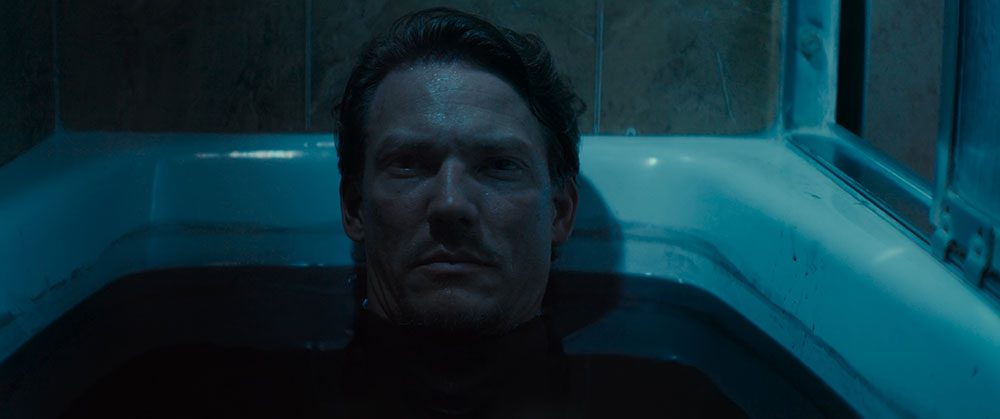
At the same time, remember that storytelling is about connection. Even when dealing with heavy themes, anchor your narrative in human emotions and relatable experiences. Audiences might not always understand every layer of your story, but they will connect with vulnerability, rawness, and honesty.
Filmmaking is both a personal and collective journey. Surround yourself with collaborators who share your passion, and never lose sight of why you started telling stories in the first place.